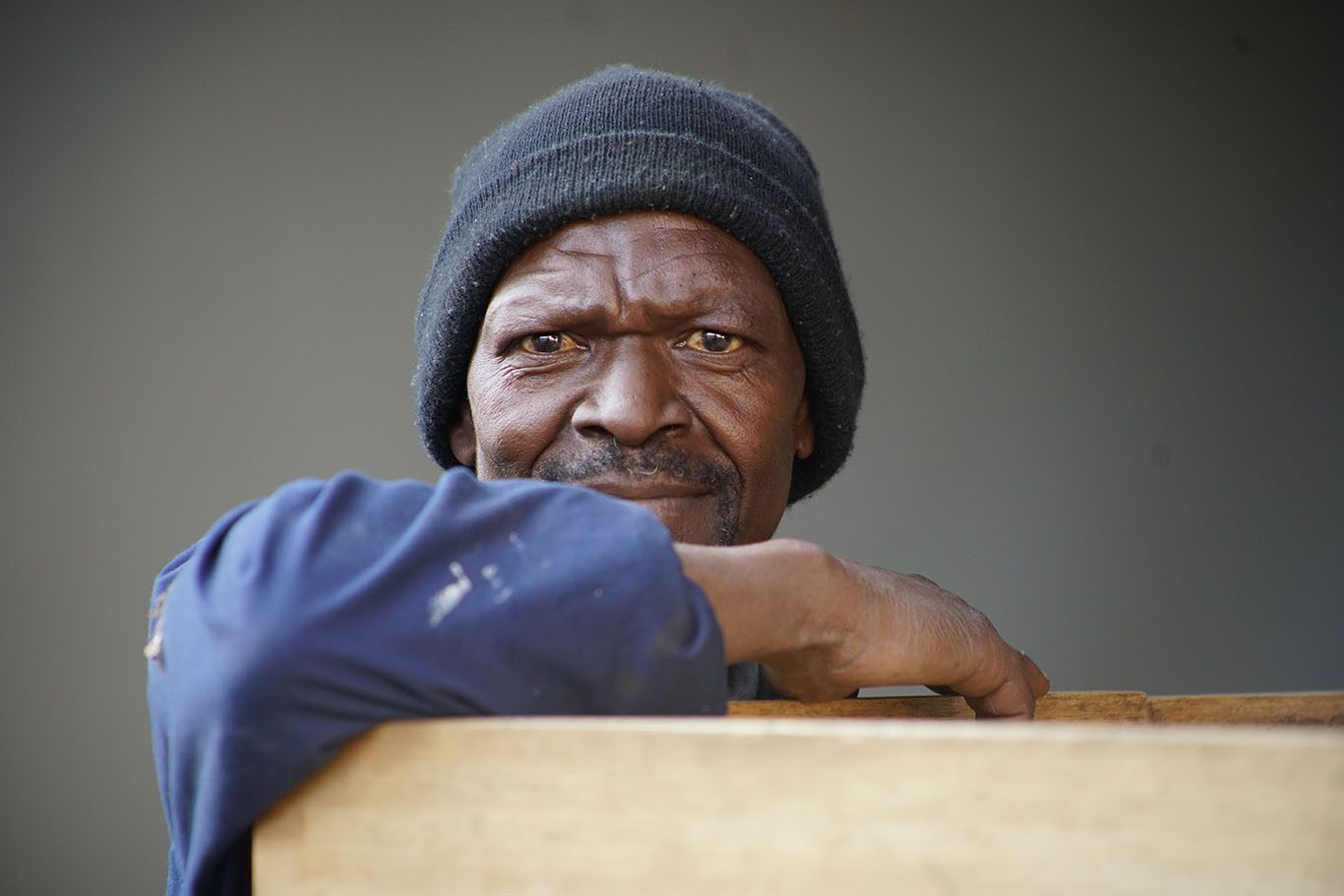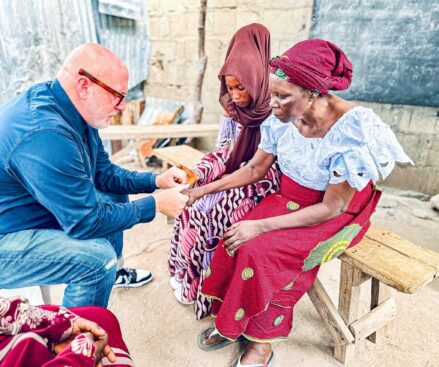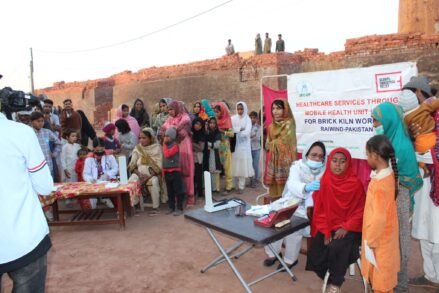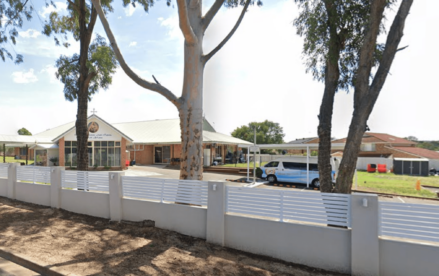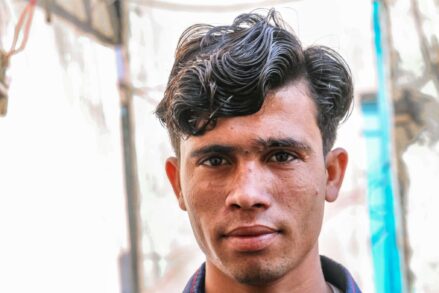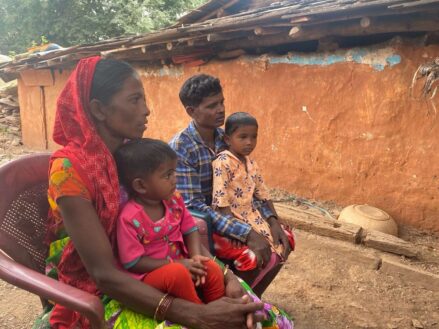On Sunday, May 7, headlines around the world began to declare good news: 82 girls who had been kidnapped from a school in Nigeria were being released. However, for many international readers who may live a thousand or more miles away, it may have been difficult to fully grasp the significance of this event.
The following are 5 things Christians should know that will help them understand the Boko Haram militants, as well as the long-running tensions between northern Nigeria, which is mostly Muslim, and southern Nigeria, which is mainly Christian.
1. Boko Haram identify as religiously-motivated jihadists.
The words ‘Boko Haram’ means “Western education is forbidden.” The group has publicly defined themselves as “people committed to the Prophet’s teachings for propagation and jihad.” They have been nicknamed “Nigeria’s Taliban.”
2. Boko Haram see their violence as a revolt against the Christian west.
When they first surfaced in 2003, more than 200 strict, fundamentalist Islamists—influenced by a Muslim preacher named Mohammed Yusuf—gathered in a northeastern area called Kanamma. The extremists began to clash with government authorities who they accused of imposing an un-Islamic, Western, and Christian way of life in Nigeria. Eventually, they began waging attacks on police stations who they saw as enforcers of this Western, Christian rule.
Nigerian troops had to forcefully intervene and were able to halt the bloodshed, at least temporarily, in January of 2004. However, later that year, 60 surviving Boko Haram militants raided another police patrol, starting a two-day battle that killed 28 more rebels. Boko Haram stated they hoped these and ongoing violent confrontations would inspire all of Nigeria’s Muslims to revolt.
3. Boko Haram became more organized in their revolt, attacking more frequently and with advanced planning.
In 2009, another outbreak of violence occurred when government officials confronted Boko Haram members. This prompted 5 days of violence in which fundamentalist Muslim rebels attacked police stations. Eventually, the Nigerian military intervened to stop Boko Haram, killing more than 700 of its members, and ultimately killed Yusuf as well. This series of events, including the loss of their respected leader, further escalated tension and incited rebels to plan more sophisticated attacks using more advanced weapons. Boko Haram drove a car bomb into UN headquarters in Abuja, for example. They also began targeting Westerners, including kidnapping a family of 7 foreigners.
4. Boko Haram began targeting not only the police and military but also Christian civilians.
In 2013, Boko Haram began to focus their attacks on schools and churches. In 2013, Boko Haram killed dozens of school boys. Later that year, they massacred 50 church-goers in raids conducted for 3 consecutive Sundays. This was the build-up to the April 2014 attack where Boko Haram raiders kidnapped 276 schoolgirls.
5. The new Boko Haram leader is determined to purge Nigeria of Christians.
In 2016, Abu Musab al-Barnawi was named the new Boko Haram leader. He announced a war against the West who he accused of trying to “Christianize” Nigeria. Al-Barnawi vowed to stop attacking neutral Muslims and threatened to bomb churches and kill Christians.
As of today, Boko Haram continue to recruit citizens of their impoverished country and have also pledged allegiance to jihadists across the world. While the organization is only loosely structured, they encourage individual cell groups to carry out acts of violence against the Nigerian government. These acts are often financed through robberies and kidnapping ransoms.
Nigeria also has a new president, Muhammadu Buhari, who has pledged to arm security forces to disperse the extremists. His forces have largely run Boko Haram out of their territories, but violence against Christians at the hands of Muslim herdsmen still continues.
*Image used for representative purposes
